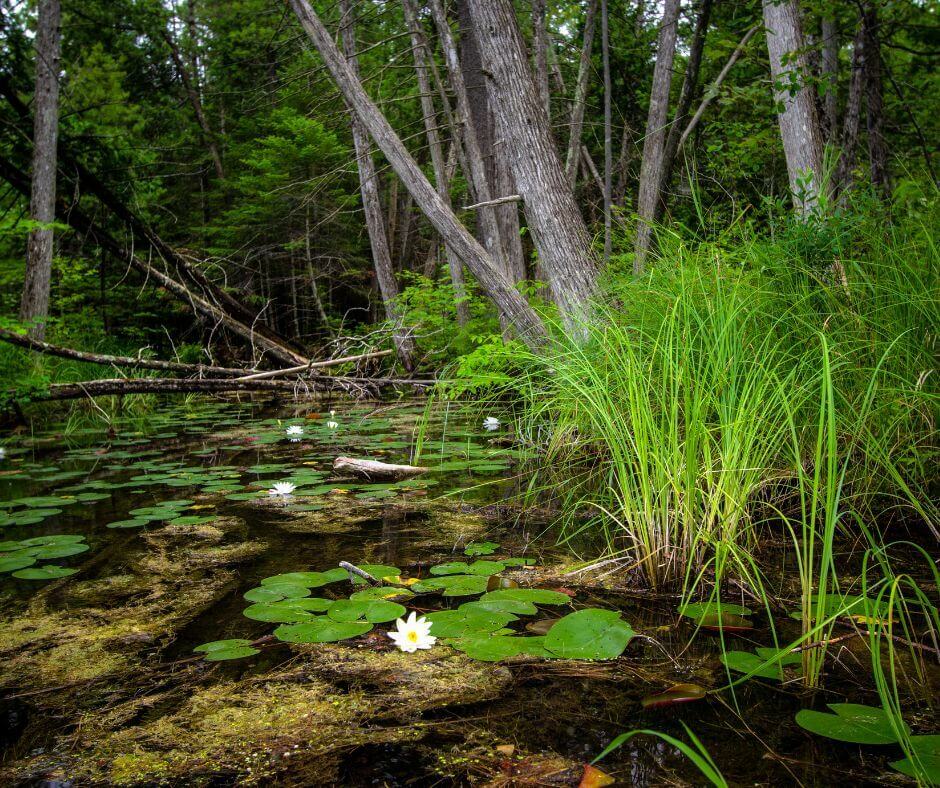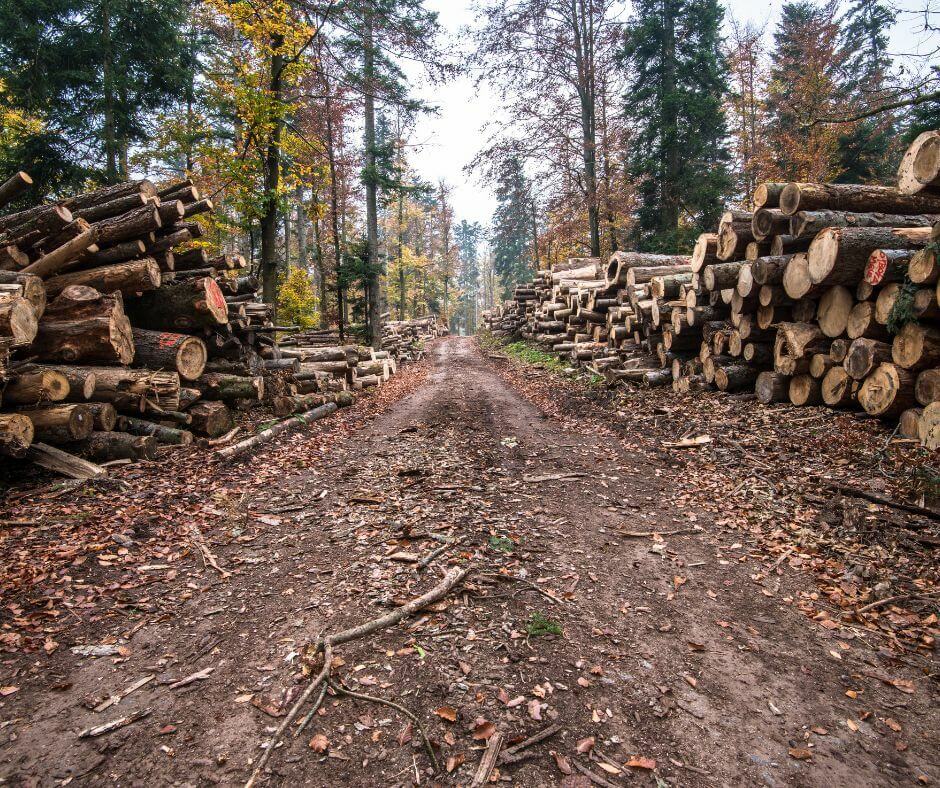Interested buyers may want to consider a small habitat management plan when purchasing Michigan property for hunting, fishing, and other outdoor pursuits.
Deer, small game, and natural growth provide several advantages to hunters and other outdoor lovers. Potential landowners may increase the value of a property by ensuring that the ecosystem and animals are well-preserved.
Landowners may increase their chances of securing seasonal leases, better hunting, and more enjoyable recreational activities by managing their land’s natural resources in a planned manner. It all boils down to the proper management of the environment.
Take Inventory of the Habitat
 The fundamental concepts of running a company apply to the management of habitats as well. Take a broader view of the landscape. Trees, farmland, thickets, deer herds, and other animals are all examples of natural resources. If this were a physical company, you’d have a list of all of your assets. A habitat manager’s job is similar to that of any other.
The fundamental concepts of running a company apply to the management of habitats as well. Take a broader view of the landscape. Trees, farmland, thickets, deer herds, and other animals are all examples of natural resources. If this were a physical company, you’d have a list of all of your assets. A habitat manager’s job is similar to that of any other.
Begin by doing thorough reconnaissance and compiling the facts into some kind of database. The overall area of woodland, agricultural land, underbrush, and water sources should be included in this calculation. This includes a thorough inventory of the property’s trees and topography as well as its flora. All of these things go together to make up the land’s environment.
Counting deer herds and other species of wildlife is likely to be the most challenging part of the task. Trail and game cameras are used by many outdoor enthusiasts to gain a sense of herd density. It’s easy to set up cameras to monitor wildlife behavior along game paths, feeding spots, old logging roads, and water sources. Additionally, it is imperative that you estimate the male to female ratio (buck to doe). When it comes to waterfowl migration, no one can provide an accurate count, but a broad understanding will be useful.
Create a Diverse Habitat
Landowners who want to do a good job of managing their land’s habitat often have to accept or construct acres that are a mix of forest, scrub, and farmland. Consider partnering with a timber business to harvest some wood or an excavator to develop new growth food sources if you possess a forest-only property. Making food plots or fields out of cleared land would also aid in animal attraction. This will open up new regions for wildlife to congregate and provide new food sources. The wood harvest or excavator will also construct new routes, and animals and deer will start utilizing.
 Free flow of water is another important habitat need that has been growing in importance in the last several decades. All life on Earth obviously depends on water. Aside from the fact that deer and other wild animals will make their way to water sources like creeks or ponds on their own, All deer and other animals will seek out a place with easy access to water. The excavator might be asked to make a water hole in the freshly planted food plots by the landowner. Place a water tank or a watering system where you wish to attract deer or other animals for a water supply.
Free flow of water is another important habitat need that has been growing in importance in the last several decades. All life on Earth obviously depends on water. Aside from the fact that deer and other wild animals will make their way to water sources like creeks or ponds on their own, All deer and other animals will seek out a place with easy access to water. The excavator might be asked to make a water hole in the freshly planted food plots by the landowner. Place a water tank or a watering system where you wish to attract deer or other animals for a water supply.
Creating safe havens for wildlife is an essential part of maintaining a healthy ecosystem. Deer and other animals will be more likely to stay on your land if you designate a section of the property as “off limits” or a “safe zone.” Overuse of ATVs, and regular movement through places that deer and other animals would ordinarily use as feeding and bedding sites would cause them to avoid your property.
You may anticipate better hunting and wildlife watching if you make small plots of land appealing to deer and other species. Having a piece of property where you can go hunting, fishing, or camping in Michigan is a great perk. Our land specialists at Michigan Whitetail Properties are experts at taming the land. Contact us today so we can help you find the best land for sale in Michigan for your needs.